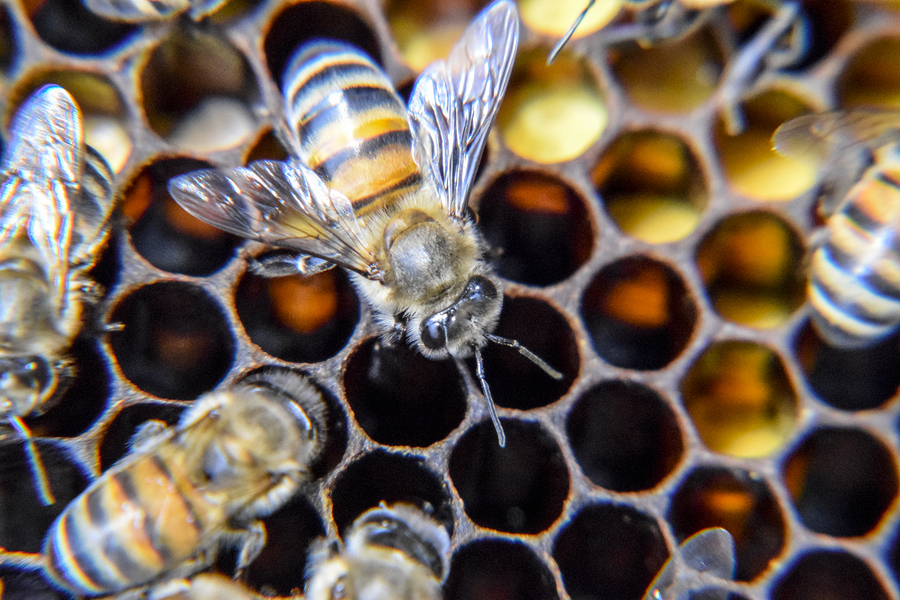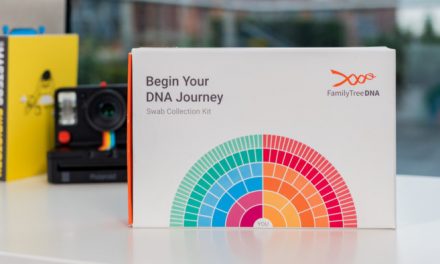Animals, insects…they are not only an integral part of our earth’s eco-system but they are incredibly made. We’ve shared with you that pigs are as smart as toddlers and that chimps are better at some memory games than adult humans and now this: honeybees can learn basic arithmetic.
“According to a study published this week in Science Advances, scientists at RMIT University in Melbourne, Australia, have shown that honeybees can add and subtract if trained to do so. This discovery helps scientists understand the relationship between brain size and brain power, perhaps knocking birdbrain off the list of perceived slights. Honeybees and humans are separated by more than 400 million years of evolution, so the study’s authors say their findings suggest that an advanced understanding of numbers ‘may be more accessible to nonhuman animals than previously suspected.'”1
Until now, only chips, African grey parrots and spiders were known to understand numbers at a basic level for essential tasks but now you can add honeybees to the list.
RELATED STORY:
Scarlett R. Howard, the study’s lead author, believes that this new information “has ramifications for the future development of Artificial Intelligence,”1 saying, “This could give us insight on how to build more simple computers that can still process at a higher level … perhaps making computers more energy efficient.”1
“14 free-flying honeybees were taught to recognize colors as ‘symbolic representations for addition and subtraction,’ where blue is addition and yellow is subtraction.
Bees entered a Y-shaped maze. At the maze entrance, they viewed a sample set containing a specific number of blue or yellow shapes. Next, they flew through an opening and chose between two possible options: If the elements they first saw were blue, the bees would need to fly to the decision chamber that had one more than the sample they first saw (addition!). If the shapes were yellow, the bees would need to choose the option that contained one less shape than the sample (subtraction!).
In 100 trials, bees were rewarded with a drop of sugar water for the correct choice and punished for the wrong choice with a drop of quinine solution.”1
After they were trained and then tested- with no reward or punishment- bees came up with the correct answers 63% to 72% of the time. (For this particular study, the bees were tested in the number range of 1 to 5 for their ability to add and subtract but Howard believes it would be advantageous to eventually test on larger numbers and test on more complex operations.)
“The study’s authors said that linking visual traits to a reward, such as the math tests the bees passed, is likely to help them on foraging adventures. For example, it would aid in remembering which flower traits (such as color, shape or size) may provide essential resources and which flower traits may not.
Previous studies have shown that bumblebees are capable of complex tasks. A 2016 study found that bees can learn and pass on skills to other bees.”1
Howard hopes that through the results of this study, people will understand that insects are not unintelligent. She hopes more people will see their value and worth and we do, too. After all, if we realize this fact too late, it might be too late for us.
SOURCE:












